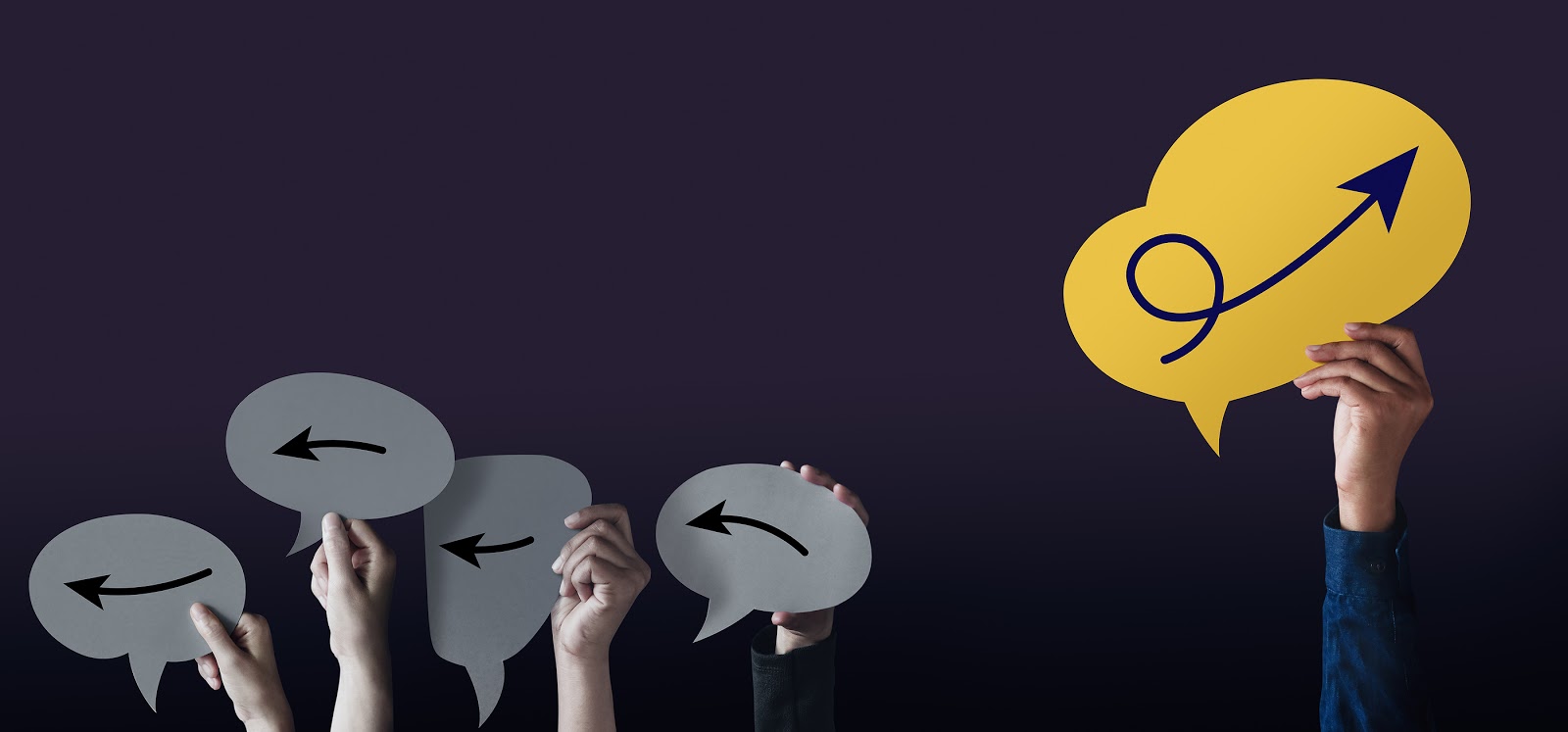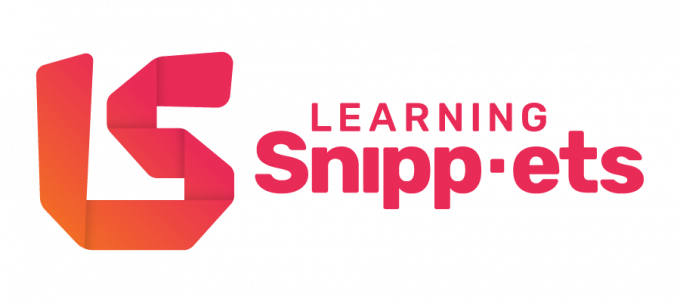
Can We Avoid Burnout?
We often use the term “burnout” as a vague label for an exhausting day or week of hard work, but actual burnout is more than

Embracing Neurodiversity in the workplace should be a top priority in your organization.
Neurodiverse people often struggle to make it through the hiring process because they simply don’t match the mental image that prospective employers have of a “successful candidate,” or they fail the hiring manager’s “team fit” gut check.. According to the Drexel University’s National Autism Indicators Report, “51% of Neurodiverse workers have skills higher than what their job requires. Yet, only 32% are in some kind of paid work. Which leaves more than three-quarters (77%) who are unemployed but want to work.” Businesses need to reform their hiring practices in order to be more inclusive and accessible to Neurodiverse talent.
What is Neurodiversity?
The term neurodiversity, in reference to the workplace, is “the idea of inclusivity that extends to neurological differences, including hiring and retaining talent with neuro-variations such as autism, ADHD and dyslexia.” It was coined in 1998 by sociologist Judy Singer, who helped popularize the concept along with journalist Harvey Blume. Singer notes the human population has infinite neuro-cognitive variability, meaning each and every one of us has a unique combination of abilities and needs.
Here are three ways to embrace Neurodiversity in the workplace:
Want more tips on how to support Neurodiversity in the workplace? Listen to our podcast, Neurodiversity and the Inclusion Revolution. You can also sign up for our Sunday Snippets newsletter to stay up to date on best practices for diversity, equity and inclusion in the workplace.

We often use the term “burnout” as a vague label for an exhausting day or week of hard work, but actual burnout is more than

At Dialectic, we think a lot about DEI, soft skills, and leadership training that makes organizations more inclusive and human-friendly. When we team up with

Ageism commonly affects women over 40 in the workplace. In spite of their tremendous wisdom and experience, women over 40 may be passed over for
Dialectic helps organizations improve the way people work, learn, and collaborate through person-centred design and the latest in social science.

Does your team struggle with soft skills?
Use our app or upload Snippets to your LMS to build better habits in minutes with scenario-based microlearning.
Sign up for our weekly roundup of the latest on DEI, leadership, collaboration, and learning science.
© 2024 Dialectic. All rights reserved. | Contact Us | Privacy Policy | Terms of Use | AODA Statement
See how easy it is to activate soft skills in your organization. Soft skills training on 3 key topics: DEI, Leadership, and Collaboration.